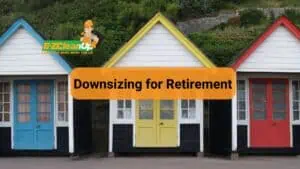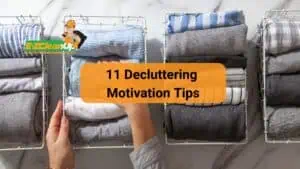
Tips for Downsizing Before a Move
Efficient downsizing involves early decluttering, categorizing items, planning space, and digitalizing what you can. Selling, donating, or discarding reduces clutter. Opt for dual-purpose furniture to
A sustainable life is not so difficult. Today, you can live life in an environmentally friendly way while enjoying various advantages. You can reduce waste, minimize consumption, and save money.
Being eco-responsible is simply striving to respect nature and the environment as much as possible. This is achievable in several ways: waste management, promoting renewable energy rather than fossil fuels, and ecological housing. Everyone should think sustainably and act locally. Eco-friendly tips include the following:

Efficient downsizing involves early decluttering, categorizing items, planning space, and digitalizing what you can. Selling, donating, or discarding reduces clutter. Opt for dual-purpose furniture to

Streamline your move by sorting belongings using the Four-Box Method. Utilize space-saving furniture, digitize items to reduce clutter, and handle sentimental items with care. Engage

Reducing living space saves money, cuts down on maintenance, and grants more free time and financial freedom. Downsizing simplifies life, reduces environmental impact, and enhances

When transitioning to retirement living, consider downsizing to manage maintenance and proximity to essential services. This change can save money, though it involves emotional challenges.

When downsizing at 80, start early to decide what to keep, organize important documents, and select personal items with care. Also, handle keepsakes, redistribute belongings

At 70, downsizing involves choosing accessible homes with wellness designs, embracing smart tech, and engaging with communities. It includes sound financial planning, simplifying possessions, selecting

When downsizing at 60, start by sorting belongings and digitizing memories. Use professional help, organize systematically, and plan your new space. Involve family for emotional

Streamline your life at 50 by assessing needs, digitizing media, and involving family in downsizing. Opt to sell or donate items, declutter, and use compact

For seniors, decluttering starts by removing obvious trash and using storage. Eliminate, set simple goals, categorize items clearly, and ensure comfort. Digitally store memories, utilize

Start decluttering by setting specific goals and a clear plan, then stay accountable. Break tasks into small steps and use short sessions to avoid fatigue.